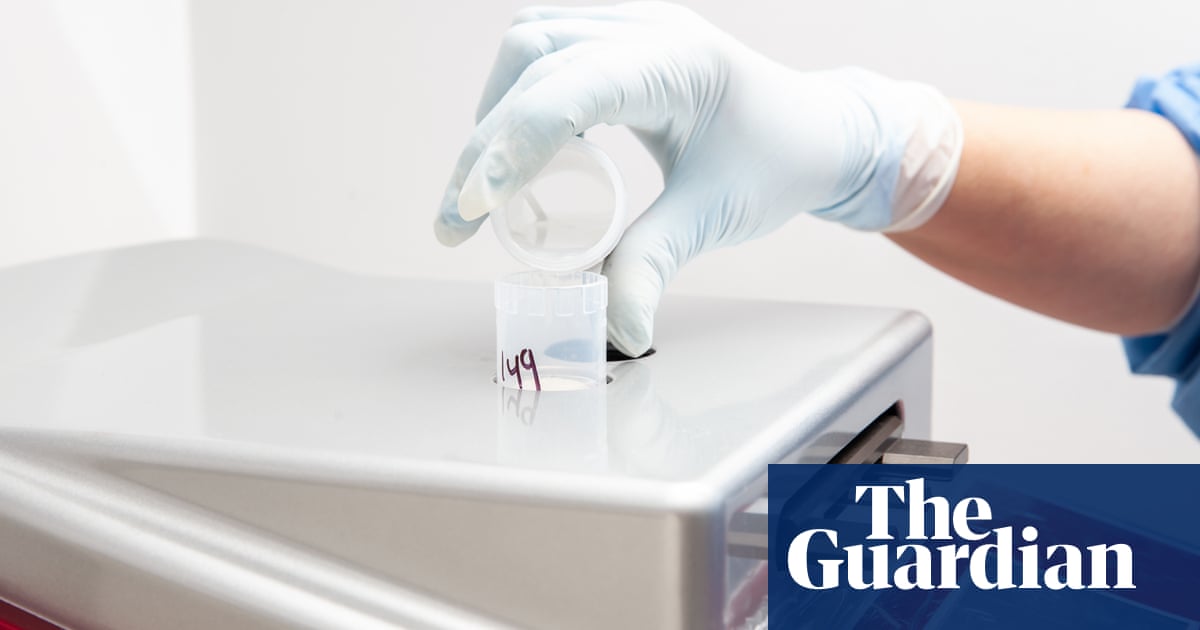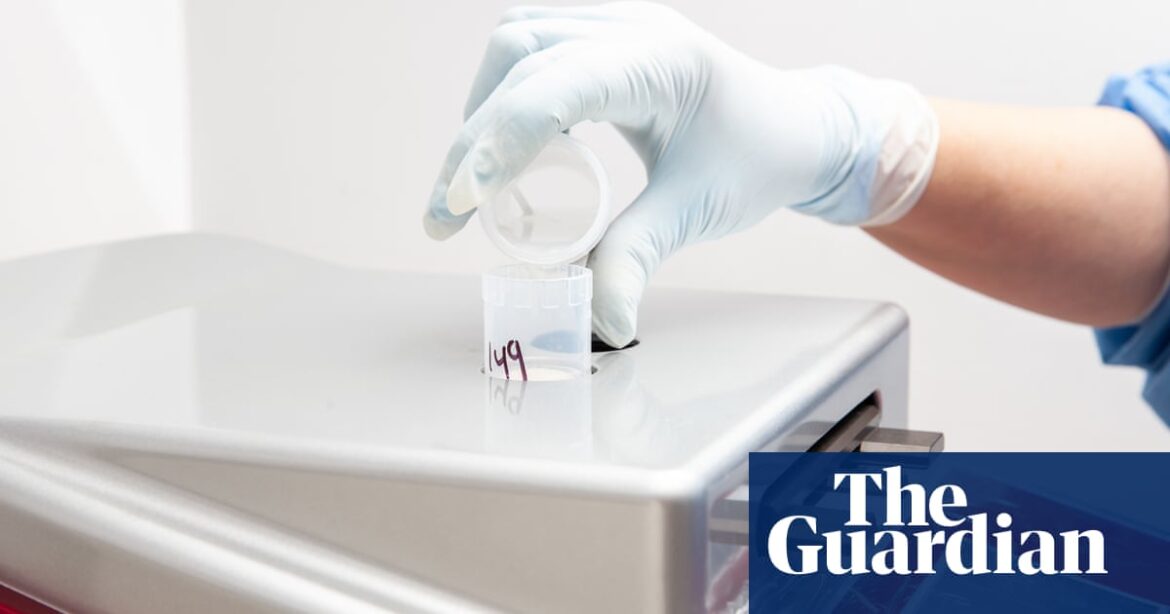
A recent study has revealed that while more individuals in their middle adulthood are developing cancer, they are experiencing lower mortality rates due to advancements in detection methods and treatment options.
According to the British Medical Journal, which published the paper, cancer experts stated that the results were “encouraging and comforting” for individuals aged 35 to 69.
The incidence of cancer in that particular age bracket increased from 1993 to 2018, as reported by Cancer Research UK (CRUK), who were instrumental in conducting the research. Interestingly, there was a notable decrease in the mortality rates for both men and women, with a 37% drop for men and a 33% drop for women over the course of 25 years.
During the course of the study, the mortality rate for cancer decreased in middle-aged individuals – with 17 of the 23 common types showing significant declines. This research, which was the first of its kind in Britain, analyzed the trends of both cancer occurrence and death rates over a prolonged time frame.
As an instance, there was a 54.3% decline in the mortality rate for women with cervical cancer. According to CRUK, this is due to the increasing use of the HPV vaccine and advancements in screening, which have effectively aided in preventing cancer and halting its progression.
In a similar fashion, there has been a decline in the mortality rate for lung cancer, which is the leading cause of cancer-related deaths in the UK. This decrease stands at 53.2% for men and 20.7% for women, possibly attributable to a decrease in the number of smokers. Additionally, the death rates for breast and bowel cancer have also decreased, potentially due to increased screening allowing for the detection of cases at an earlier stage, resulting in prompt treatment.
The Cancer Research UK (CRUK) worked together with specialists from the University of Leeds and University College London, and Public Health Scotland to analyze cancer data and population statistics from 1993 onwards in order to track any alterations over the years.
According to the study, which was published in the BMJ, there has been a significant decrease in cancer-related deaths in individuals between the ages of 35 and 69 over the past 25 years, for both men and women.
“This decrease may be attributed to the achievements made in preventing cancer, such as anti-smoking policies and programs for quitting, early detection through screening programs, and advancements in diagnostic testing.”
The highest declines in cancer death rates were seen in men for stomach, mesothelioma (linked to asbestos exposure), and bladder, and in women for stomach, cervical, and non-Hodgkin lymphoma.
Unfortunately, there was some negative development. The specialists also discovered that the amount of cancer cases among middle-aged individuals increased by 57% for males and 48% for females. This was largely due to a rise in prostate and breast cancer, which are the most prevalent types of cancer for men and women.
According to experts, there has been a concerning yearly rise of 2% or more in four types of cancer: liver, melanoma, oral, and kidney.
The increase in cases for people ages 35-69 was attributed by CRUK to the larger population and habits such as obesity, alcohol consumption, and sun exposure.
Michelle Mitchell, CEO of the charity, stated that the significant decline in cancer mortality rates provides evidence that united efforts against the illness have helped save lives. She urged Rishi Sunak to continue this progress by implementing his proposal to increase the minimum age for purchasing tobacco by one year annually, and by allocating more resources towards smoking cessation services.
Steve Russell, the NHS England director responsible for vaccination and screening, acknowledged the positive impact seen in cancer survival through this report.
“The NHS is committed to furthering these advancements, therefore we are dedicated to reaching our goals of having 55,000 additional individuals survive cancer for five years or more by 2028 and 75% of cancer cases being detected in the early stages by 2028.”
Dr. Helen Croker, the assistant director of policy and research at the World Cancer Research Fund, called for government action to combat the high rates of obesity in Britain due to its role in causing 13 different types of illness, such as liver and kidney cancer.
Source: theguardian.com



